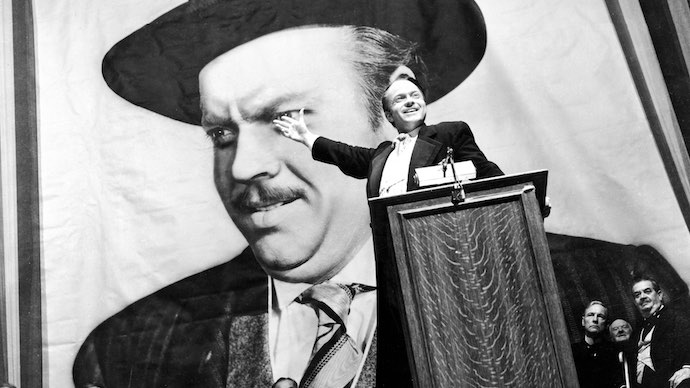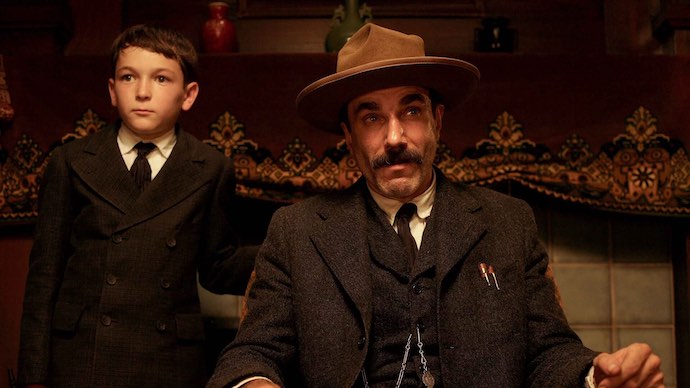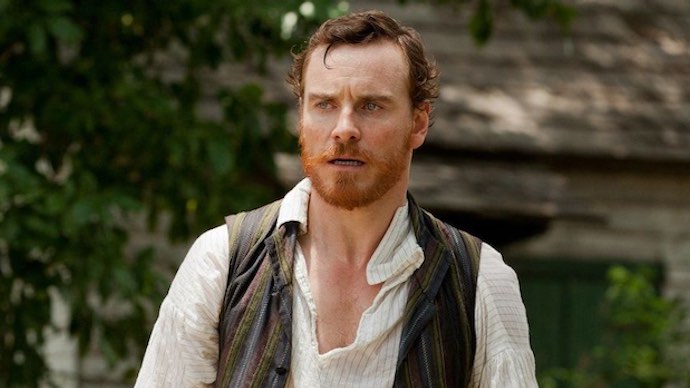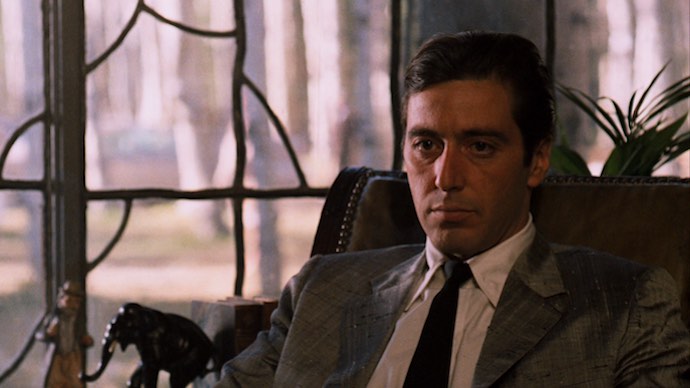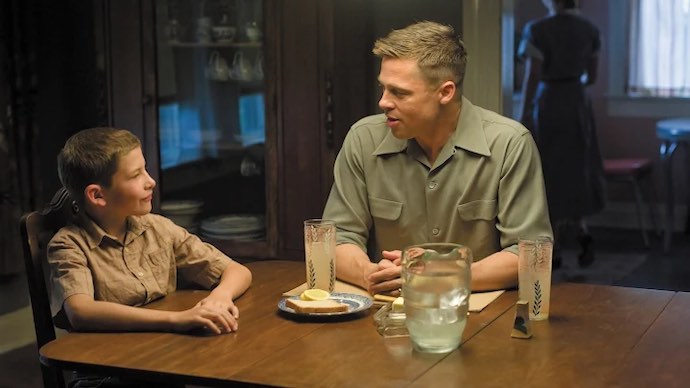For a long time, men aspired to the stereotypical American Dream: that men had to be macho leaders of families living in a halcyon housing estate, complete with ruddy-faced children and a lovable dog. Various countercultures pushed toward different extremes away from traditional norms, including hippie culture, androgyny, punk rock, and more. Movies and TV shows began to reflect the changing of tides as new auteurs took notes from the French New Wave. But the toxicity that plagued young men remained ever-present in their lives, an unwanted hand-me-down given to them by generations of men who allowed their feelings to go unspoken. Masculinity isn’t toxic, but there’s a kind of masculinity that is. It steadily infects generation to generation, with young and old men alike falling victim to its horrors. We’ve seen this kind of masculinity reflected in movies that have chosen to challenge it. Here are some of the best depictions of toxic masculinity in movies that are absolutely still worth watching today.
5. Charles Foster Kane (Citizen Kane)
Orson Welles’ cinematic behemoth Citizen Kane has loomed like a specter over Hollywood, much as its main protagonist looms over everything and everyone in the film itself. Citizen Kane is arguably the finest movie ever made—but more than that, it was unique in how it explored themes of toxic masculinity before the topic had even found its way into Hollywood films. Orson Welles’ Charles Foster Kane is a man of near-unlimited wealth, who possesses the ability to charm everyone around him and can pretty much operate without any oversight for the most part. Through the character of Kane, Welles brought across a man who owned the entire world but suffered for it. He exerted power over everything around him and believed himself infallible, even pushing women to do things they didn’t want to do for his own amusement. Charles Foster Kane has the ideals of the era on his shoulders. He wants to be a man, but his attempts result in poisonous relationships with everyone who could ever love him.
4. Daniel Plainview (There Will Be Blood)
In There Will Be Blood, the power of wealth and the pursuit of even further riches are what push Daniel Day-Lewis’ Daniel Plainview to his limits as he seeks out his fortune. The character of Daniel Plainview has no time for the benefits of outside life. He’s more like a machine, one that seeks to make money from oil and suck the land dry—land that he came in and invaded. But it’s only through his relationship with his adopted son, HW, that we see the real creature of Daniel Plainview. He views HW as a business tool: a boy that exists to make him appear to be a family man to those whom he needs to convince to drill oil. Any feeling that he has for HW falls short of his obsession for the money he could earn, and that obsession drives him forward. Plainview also uses his dominating nature to expose and manipulate Eli, the foolish young man who invites Plainview to drill on his father’s land. His toxic masculinity puts down everyone around him, never allowing an inch around his carefully cultivated operation. Through his tight control and clever aggression, Plainview shows that he must be the person in charge at all times; otherwise, he’d be lost.
3. Edwin Epps (12 Years A Slave)
Michael Fassbender’s evil slave owner in 12 Years a Slave isn’t a character who shows himself to be human for much of the time. Even amongst the other slave owners, Edwin Epps is known for his barbaric treatment of his slaves, treating them worse than farmers treat cattle bound for the slaughterhouse. His constant psychological torture and ruthless beatings make the film difficult to watch, but his outright cruelty shows Epps as a man who suffers from masculinity himself. He often engages in sexual relations with his slaves—primarily Patsey—because he’s attracted to the power he has over them. Yet he reacts almost kindly to the children who run around his plantation, despite his ownership and sadistic treatment of their parents. Edwin Epps is a person who needs to lord his power over others to stroke his ego and dampen the conflicted feelings he has inside.
2. Michael Corleone (The Godfather)
Reluctantly taking his seat at the head of the Corleone family—after the stepping-down and death of his father—Michael Corleone’s journey from decorated soldier to ruthless mafia don depicts the pressures of toxic masculine expectations on somebody who doesn’t want it. Through the three Godfather films, Michael’s descent into ruthless evil is balanced by a sense of power that he must exude at all times as head of his crime family. When we first meet him, Michael Corleone is just a boy who returns home from war. He has no stomach for fighting anymore and has no intention of joining his family’s crime business. However, due to the murder of his older brother and the ineptitude of his other brother, Michael has to take on the role. That pressure leads him to exhibit the toxicity of the dominating power he has in the seat. Through his relationship with Kay, we see Michael go from a caring younger man to a cold-hearted adult who views those around him as pawns in his empire. He must control them, and he pushes Kay away as his dominance takes over his once-gentle soul.
1. Mr. O’Brien (The Tree of Life)
Brad Pitt’s Mr. O’Brien in The Tree of Life represents a man who tried to be something new in a world that wanted him to join the American Dream, to have his place on the line and happily work his life away. It was a common ideal during the late-1950s and early-1960s. But years of failure and the various trials handed down to him leave Mr. O’Brien bitter and angry about his place in the world—an anger that he unleashes on his family through unrelenting passive aggression. His son, Jack, hates his father’s manner and ire, preferring the softer nature of his caring mother. Mr. O’Brien takes that as a sign of weakness in his child, and he often tries to teach him the value of being able to see the world for what he feels it is: corrupt. The power in Pitt’s performance comes from the reality of the situation he evokes, showing a toxic masculine temperament that dominated the lives of so many in the immediate post-War era.

